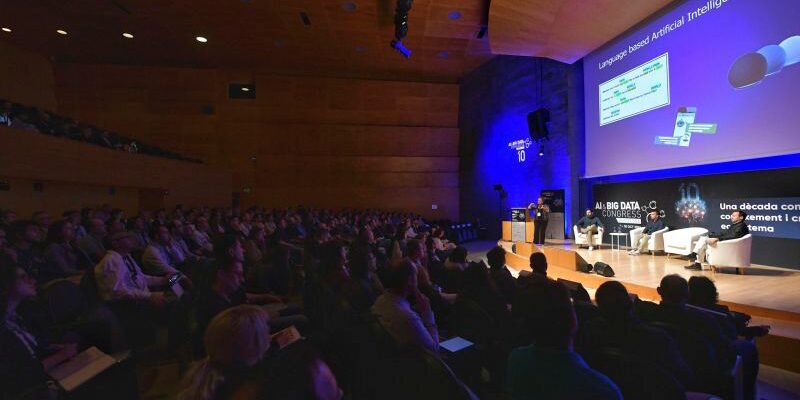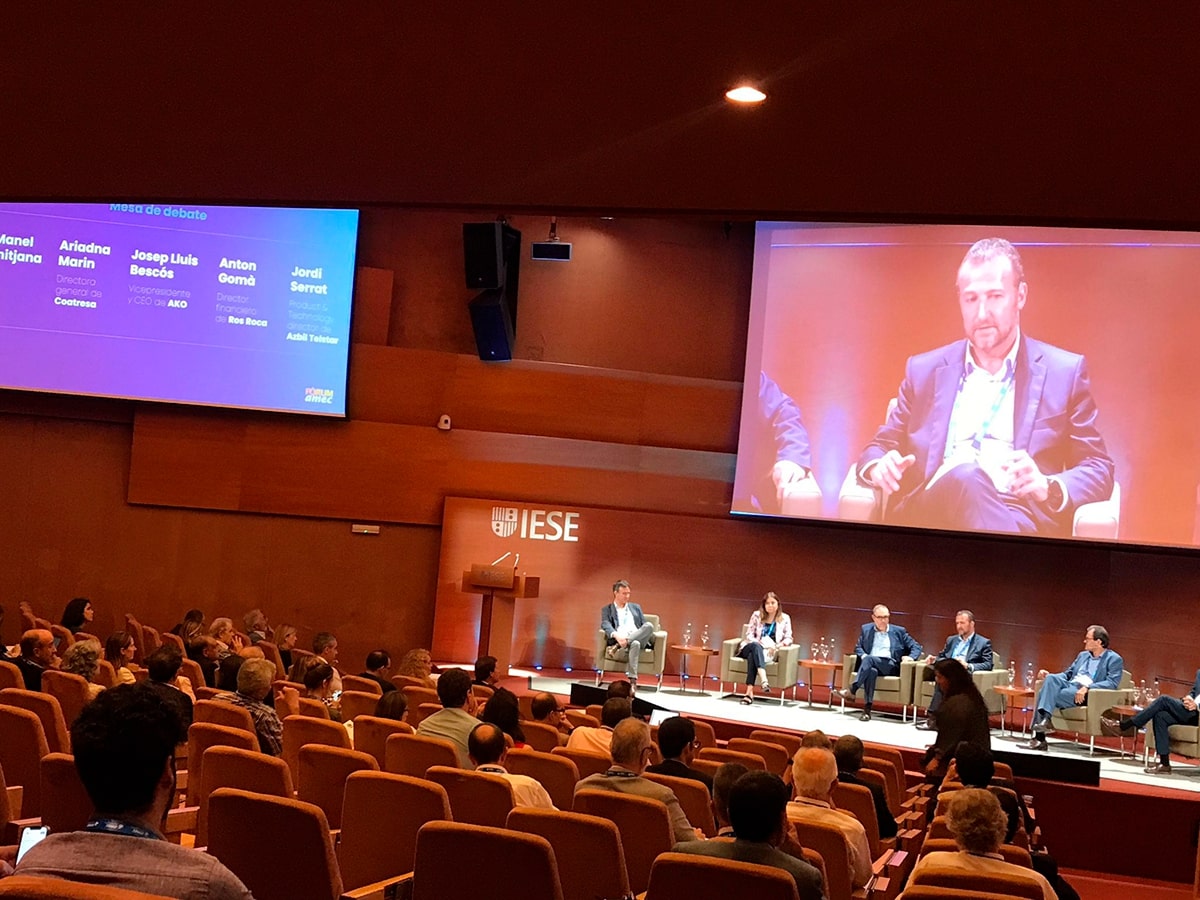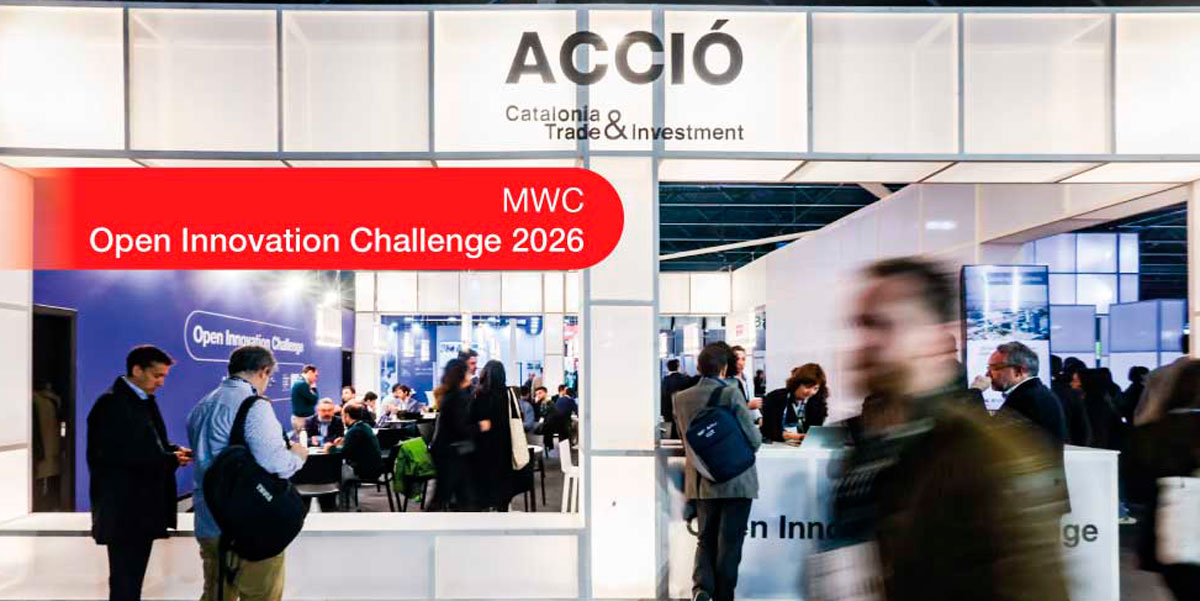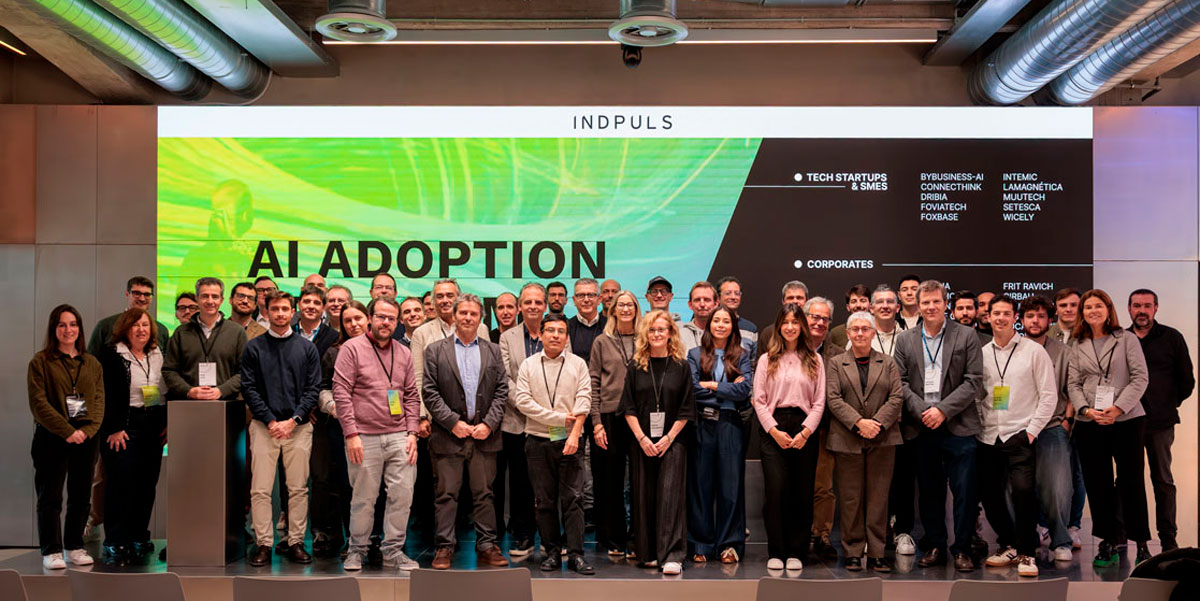Reindustrialization and Decarbonization: An Opportunity for INDPULS

The reindustrialization of Europe is no longer an aspiration but a strategic necessity. In a context of geopolitical tensions, energy dependence, and global competition, the European Union has launched the Clean Industrial Deal, placing decarbonization at the center of competitiveness and economic growth.
This new paradigm requires a deep transformation of the productive fabric. European industry must reduce emissions, electrify, and adopt clean technologies to maintain its leadership. In this scenario, innovation becomes the central axis of future competitiveness. Advanced technologies—such as artificial intelligence, data analytics, blockchain, edge computing, or quantum solutions—are no longer just tools for efficiency but key catalysts for redefining the European industrial model.
Global investments in reindustrialization are expected to reach $4.7 trillion by 2027, according to the report “The Revival of Manufacturing: Reindustrialization Strategies in Europe and the U.S.” by the Capgemini Research Institute, published in March 2025.
Technology and Sustainability: Pillars of the New Industrial Drive
The future of the industrial sector inevitably depends on digitalization. 84% of companies plan to increase investment in advanced technologies. This technological leap is accompanied by a strong commitment to sustainability.
The relocation of production is also an opportunity to adopt more responsible environmental practices, foster clean energy partnerships, and reduce dependency on markets with laxer environmental standards. Building a competitive, connected, and sustainable industrial ecosystem not only strengthens territorial productive autonomy but also contributes actively to Europe’s strategic objectives.
Decarbonization as a Driver of Competitiveness
In this context, decarbonization is no longer just an environmental issue, but a condition for competitiveness. Companies that reduce their carbon footprint will be better positioned to access markets, attract investment, and comply with increasing regulatory and social demands.
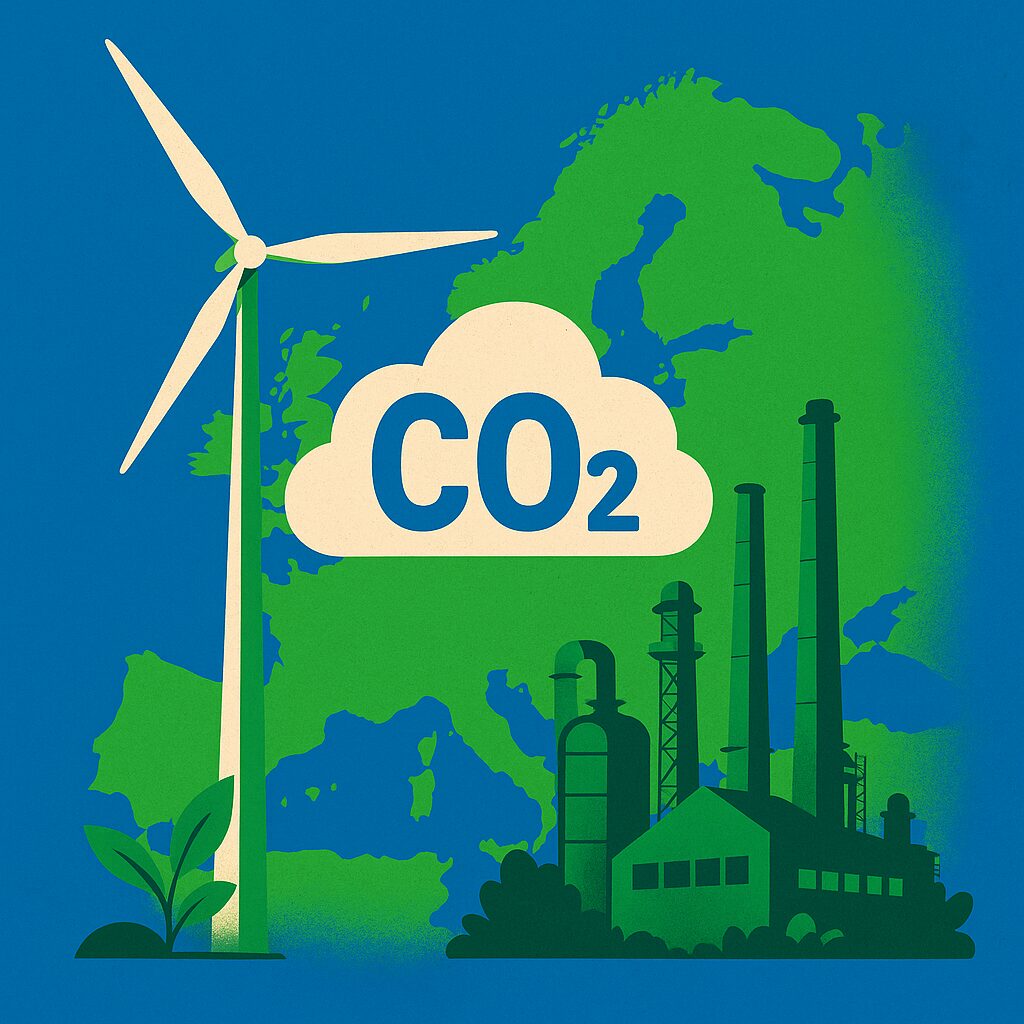
Furthermore, the ability of industries to integrate low-carbon solutions—such as green hydrogen, process electrification, advanced recycling, or CO₂ capture and storage—is becoming a key indicator of a company’s strategic value. This transformation involves rethinking value chains, improving energy efficiency, and developing more sustainable products. Early adaptation will not only help meet the EU’s climate goals but also differentiate companies in increasingly environmentally-conscious sectors.
Decarbonization must be understood as an investment in resilience, innovation, and reputation. Companies leading this change will set the standard for the industry of the future: cleaner, more connected, and more competitive.
Catalonia: An Industrial Ecosystem Ready to Lead
Catalonia, with its solid industrial base and strong commitment to innovation, is in a privileged position to lead this transformation. A reasonable goal is to sustainably boost the Catalan industry through distinctive competitive advantages such as the availability of renewable resources, the presence of leading companies in the sector, and highly qualified human capital. In fact, the green reindustrialization of Catalonia’s industry involves decarbonizing the existing industry and leveraging new opportunities derived from the energy transition to attract high value-added industries.
In this regard, collaboration among companies, associations, and public administrations is key. At INDPULS, we work actively with our member companies to promote innovation and decarbonization projects in the industrial sector, because we want to strengthen the competitiveness of our country’s industry while generating a positive impact on the environment and society.
At INDPULS, we believe in an industry capable of restoring and enhancing ecosystems, where production processes minimize environmental impact and actively contribute to the regeneration of natural resources and planetary balance.
Europe’s reindustrialization depends on decarbonization and innovation. Catalonia, with its industrial ecosystem and commitment to sustainability, has the opportunity to lead this process. Companies that anticipate and embrace this evolution will pave the way for a more competitive, resilient, and sustainable industry. At INDPULS, we want to be part of this industrial transformation in Catalonia and help drive Europe’s green reindustrialization.
